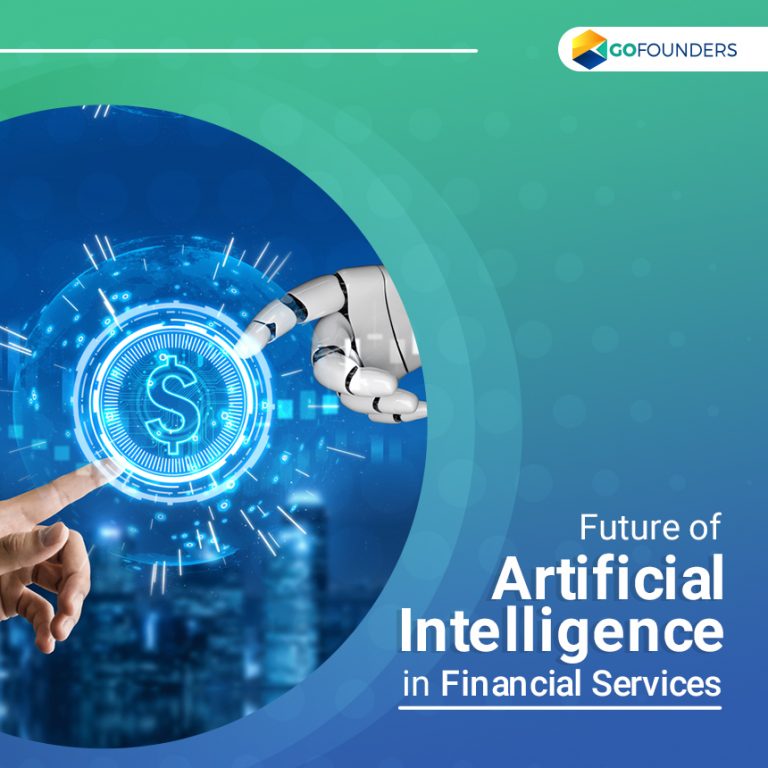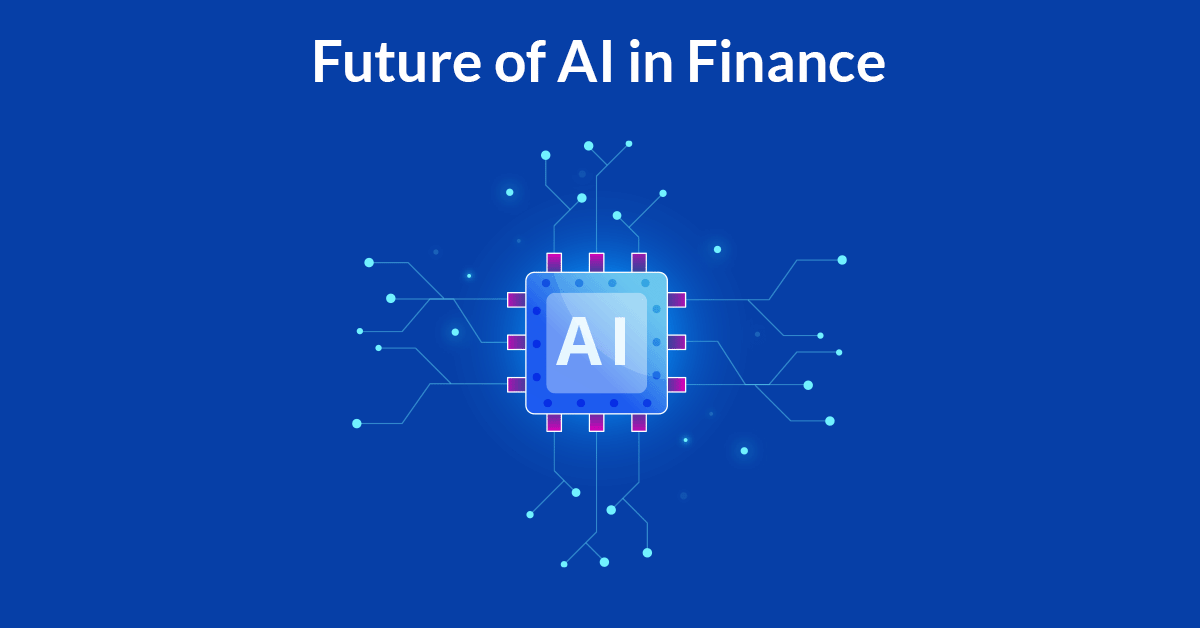
Artificial Intelligence was introduced a few years ago, but the impact it has shown on every industry has been immeasurable. The new innovation has been implemented in almost all industries like e-commerce, travel, health, finance etc.
Even AI showed its impact on financial institutions from every aspect as it gradually got integrated into its system. You might not be aware but the bank may have already leveraged AI services to provide you security on your transactions and safe-keep you from frauds. Chatbots is one of the various AI integrated interfaces that you have perhaps come across in your various online transactions.

Here are the top factors where the future of artificial intelligence in finance sector is poised to grow drastically.
1. AI for compliance:
Banks are undergoing much pressure from their legal systems to be updated with all the latest technologies with regards to safety and security. These regulations need to be implemented to fight against crimes like money laundering, tax evasion and terrorism financing. Apart from these, customer account information security, protection of banks and customers from fraudsters and from hackers and others.
AI technology in financial institutions can read new compliances and detect any changes with the help of deep learning and natural language processing compared to legacy ones. AI helps develop the capability of decision-making based on the big data analysis and shifting to machines from time-consuming manual tasks involved in the work.
2. Efficient customer service:
Customer experience plays a crucial role in every businesses across the world. But, customer satisfaction affects more in the banking sector due to the sensitive nature of its services. Banks need to ensure their satisfaction through an assured shift to satisfy customers, accessing their money quickly, that too 24/7, and offer customer support whenever they need help.
In the past, customers should verify all the questions on the FAQ pages on the bank’s website if they have any concern. If they didn’t find the right answer, then they need to wait for customer care representative on phone which at times can get exhaustive. But, today, the scenario has changed significantly. Financial institutions implement AI chatbots and voice assistants to clarify their customer’s doubts and ensure customer satisfaction. Chatbots handle the queries customers asks irrespective of place and time from small things to significant concerns like transaction details, purchase history, balance enquiries, etc.
3. Fight against frauds and ensure cybersecurity:
It’s essential for financial institutions to detect and protect against frauds. Now, every transaction made via digital banking is tied up with cybersecurity and the vulnerabilities it brings about. Banks have massive amounts of sensitive data of their customers, which increases the chance of cyber-attacks increasing the risk of reputation among customers.
Cyber thefts are becoming more advanced and increasingly show a hike in financial frauds all around the world. For that reason, banks are integrating AI to detect the frauds with high speed, i.e., 250 milliseconds on an average and this can be done by the combination of both supervised and unsupervised machine learning algorithms. AI also uses the historical data to detect any fraudulent activities on an account of a particular customer.
Recently, a survey has been conducted, “AI Innovation Playbook” which was published by PYMNTS. The survey predicted that 80% of fraud specialists who implement AI platforms stated that AI technology would reduce fraud attacks and prevent fraud attempts. 63.6% of financial institutions implement AI technology into their system to prevent frauds.
4. Low investments:
It’s predicted that $447 billion can be saved in financial institutions with the help of AI technology. AI helps banks to reduce costs by reducing the time which they spend on digital documents. Costs can also be reduced by reducing the human errors that occur through automation of unstructured data.
5. AI in trading and stock investments:
There is another sector in financial institutions that can benefit from AI, which is trading and stock investments. Banks are using AI systems for large algorithmic trading from many years where large volumes of high-velocity data and high-frequency trading and ultra-fast trade execution has powerful impact compared to human trading.
This trading if implemented across the world stock markets, we can get multiple benefits through the technology and the efficacy it can bring about. The intelligent trading system combines both structured and unstructured data within a short span of time where people can process the data. Because the processing is much faster, decision can be taken to ensure secured transactions.
You can even predict the stock market performance more accurately as the algorithms test the trading systems considering the previous data and do validation before going live.
6. AI in banking:
AI works well to find out new ways of getting more benefits and to make the user comfortable. Banks use AI-powered technology, Chatbots, where clients can inquire about their doubts, which reduce the call centre workload. With the emergence of conversational AI banking is set to gear up in the service that is provided to the customers crossing the language barrier which often stands as a limitation for foreign banks.
Winding it up:
The financial sector can no longer ignore AI as it has incredible benefits. Most of the senior financial managements believe that AI technology in the financial sector makes positive changes. Only a third part of the companies had integrated artificial intelligence into their systems till 2018. The competition that exists in the current market and the advantages that AI can give a bank is umpteen. One needs to understand that AI can not only save a bank from the hands of a cyber-criminal but also enhance the business by improving the service that it provides to its customer including the predictive analytics that can allow every bank to be prepared for any challenges.



Mahmoud Adam
3 years ago
Colon Bolden
3 years ago